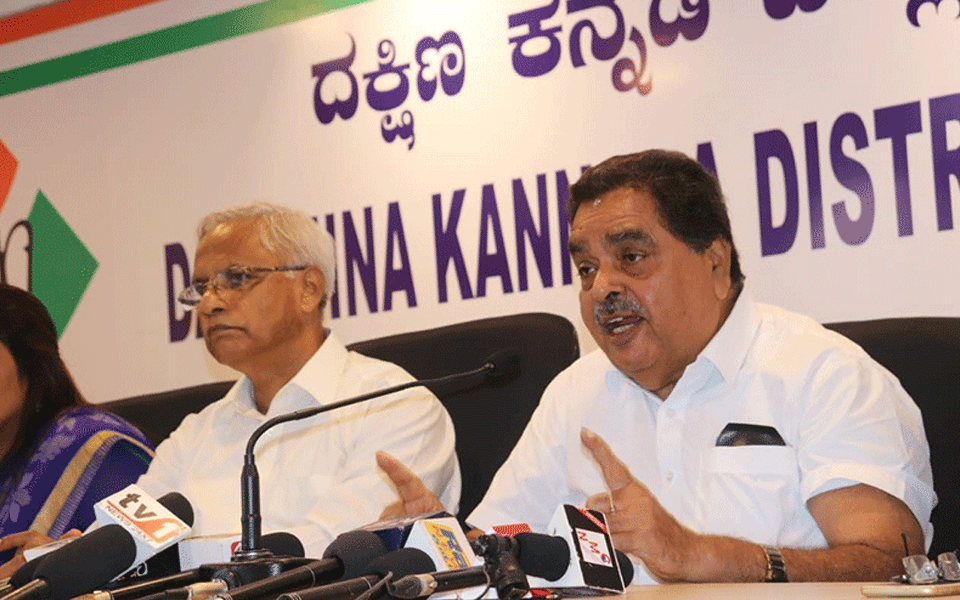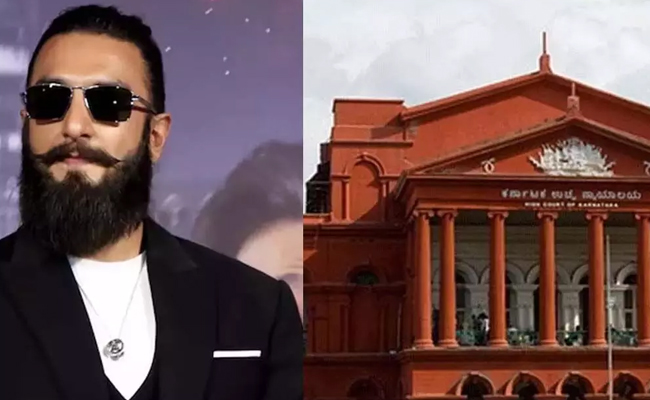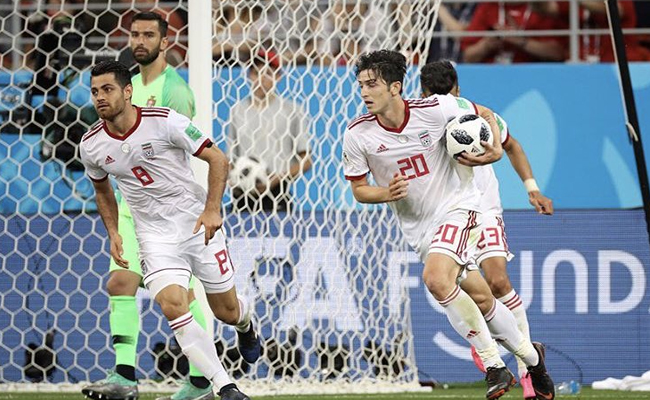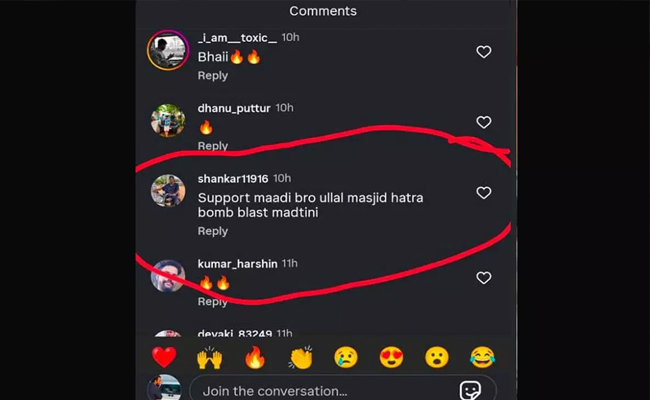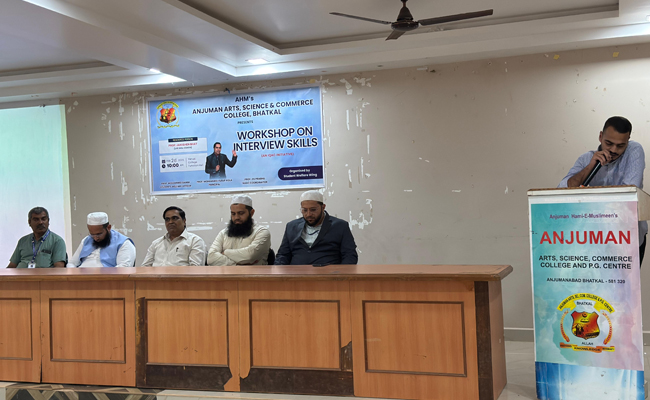Mangaluru, Sept 08: The central government, which is pro-capitalist, does not understand the pain of the common people. The burden of petrol and diesel prices is increasing on the people. The Congress, which responds to the plight of common people, has decided to observe bandh and hold protests across the country on September 10, said Senior Congress leader Ramanath Rai.
Addressing a press conference here on Saturday, he said that all the organizations in Dakshina Kannada district should be part of the Bandh, which will be observed from 10 am to evening.
“There are plenty of examples to say that the central government is in favor of capitalists. The central government is giving many reasons when it comes to controlling the rising prices of petrol. Prime Minister Narendra Modi, who came to power at the center by alleging that the Congress is the main reason behind the price rise, had promised in his speeches that ‘achhe din will come to India.’ He had said that the petrol-diesel prices would reduce. The value of the rupee would be higher than the dollar, but now the country has realized that they all were false promises, Rai said.
“The central government has failed to control the price rise of daily needs. It should be remembered today that when the oil prices were high in the global market during the UPA government it had succeeded in controlling fuel prices," Ramanath Rai added.
Protest condemning the central government's Rafale scandal on September 11
Condemning the Rafale deal scandal that caused a great loss to the country’s treasury, a protest march would be held from Balmatta Shanti Nilayam to Deputy Commissioner's office on September 11; Ramanath informed.
Former MLA JR Lobo, Mohiuddin Bava, MLA Ivan D'Souza, Senior Congress leader Ibrahim Kodijal, Mamata Gatti, Shashidhar Hegde, Vinay Raj, Kavita Sanil and others were present.

Let the Truth be known. If you read VB and like VB, please be a VB Supporter and Help us deliver the Truth to one and all.
Bengaluru (PTI): The Karnataka High Court on Monday extended the interim relief given to Bollywood actor Ranveer Singh till March 9, in a case related to mimicking a character from the movie, 'Kantara Chapter-1', and allegedly mocking a deity.
The actor had approached the High Court seeking the quashing of the FIR against him for mimicking Rishab Shetty's role as 'Chavunda' deity in the movie.
While mimicking, Singh had called the deity a "ghost". The actor was asked to appear before the court in person on Monday.
Appearing on behalf of the actor, his counsel Sajjan Poovayya said Singh was stuck in London and was unable to reach Bengaluru due to the conflict in West Asia.
The complainant, who is a lawyer, alleged that his religious sentiments were hurt by calling the deity a ghost. On the directions of a local Court, the police registered a case against the actor.
The High Court on February 24 granted interim relief to the actor with directions to the police not to take any coercive steps against him.

